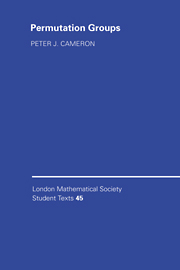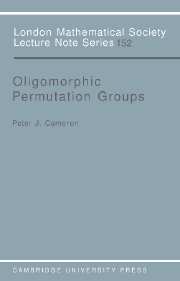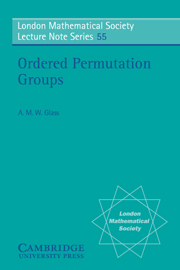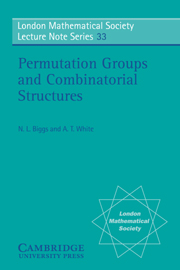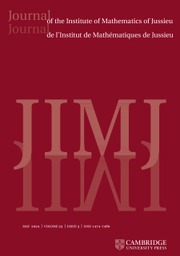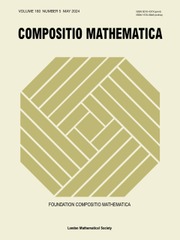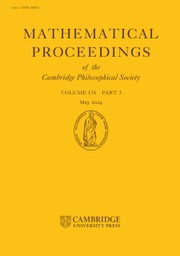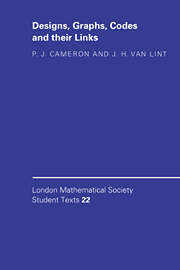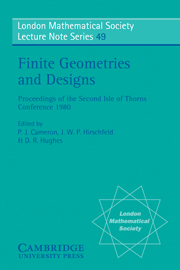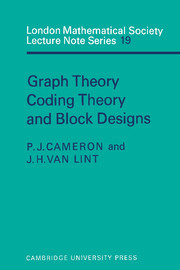Permutation Groups
Permutation groups are one of the oldest topics in algebra. However, their study has recently been revolutionised by new developments, particularly the classification of finite simple groups, but also relations with logic and combinatorics, and importantly, computer algebra systems have been introduced that can deal with large permutation groups. This book gives a summary of these developments, including an introduction to relevant computer algebra systems, sketch proofs of major theorems, and many examples of applying the classification of finite simple groups. It is aimed at beginning graduate students and experts in other areas, and grew from a short course at the EIDMA institute in Eindhoven.
- Large number of exercises, many introducing material not easily available elsewhere
- Sketch proofs of major theorems indicating the flow of argument
- Many examples of applying the classification of finite simple groups
Reviews & endorsements
'Cameron's masterly style allows him to cover an enormous amount of ground … it is a delightful book, which every group-theorist should have, either to read systematically or to dip into in odd moments: a randomly-chosen page almost certainly contains something new and instructive.' Gareth A. Jones, Bulletin of the London Mathematical Society
' … an excellent concise account of the modern theory of permutation groups …' W. Knapp, Zentralblatt MATH
Product details
February 1999Paperback
9780521653787
232 pages
229 × 152 × 13 mm
0.32kg
12 b/w illus. 120 exercises
Available
Table of Contents
- 1. General theory
- 2. Representation theory
- 3. Coherent configurations
- 4. The O'Nan-Scott theorem
- 5. Oligomorphic groups
- 6. Miscellanea
- 7. Tables.

